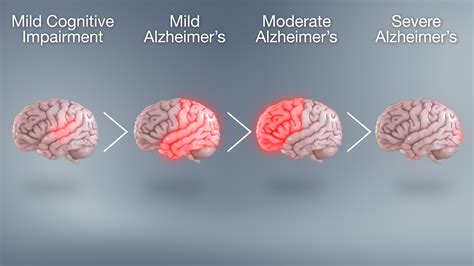The recent retraction of a seminal Alzheimer’s study from 2006 has sent shockwaves through the scientific community. This particular paper, which posited the controversial amyloid hypothesis—that the amyloid beta protein contributes significantly to Alzheimer’s disease—has been cited nearly 2,500 times. Scientists depended on these findings for numerous subsequent studies and drew significant research funding based on its conclusions. The revelation that the images within this influential paper were manipulated raises critical questions about both the validity of the hypothesis and the integrity of academic research more broadly. Neuroscientist Karen Ashe’s statement that she was unaware of the manipulations until two years ago does little to mitigate the impact or the growing mistrust in scientific literature.
The primary concern surrounding this retraction revolves around the numerous studies that have built upon the presumably flawed findings of the original paper. As highlighted by several comments from the research community, this incident casts a long shadow over the substantial body of work that refers back to these results. The dubious nature of the foundational research not only questions the validity of those studies but also represents a significant detour in the collective quest to understand and treat Alzheimer’s. Given that some researchers continue to support the amyloid hypothesis, retraction after years of continued validation is a bitter pill to swallow. Reflecting on comments from the scientific community, it feels urgent to reassess and possibly recalibrate many lines of research that have stemmed from the 2006 study.
The challenges in studying complex disorders like Alzheimer’s are immense, as suggested by the user fbdab103. The brain is notoriously difficult to study, with in vitro or mouse models often providing incomplete or misleading insights. This case epitomizes the ‘publish or perish’ culture that drives researchers to extreme lengths to secure funding and recognition, often at the cost of methodological rigor. The investigatory lapses, as shown by multiple comments, point to systemic issues within the academic and scientific publication processes. There’s a stark need to foster a more robust system of checks and balances to maintain the credibility of published research. As comments by desert_rue and others suggest, fraud in any part of the research process taints the entire dataset and undermines scientific progress.
Several comments pointed out broader implications of such fraud within academia. Institutions like Harvard, involved in multiple high-profile fraud cases, have come under rigorous scrutiny. As one user pointed, Harvard’s pushing for ‘academic celebrities’ has sparked an environment where making a splash is more valued than rigorous, honest research. This incident isn’t isolated; it reflects much larger issues within highly competitive academic environments that prioritize ground-breaking results over verified, reproducible findings. Universities often fail to adequately police their own faculty members, resulting in long, drawn-out investigations that end with minimal repercussions. This perceived leniency only furthers the distrust in scientific institutions and emphasizes the need for systemic reform.
Furthermore, the incentive structures within academic research desperately need reevaluation. Commenters like BenFranklin100 and desert_rue highlight potential pathways for reform, emphasizing the importance of quality over quantity in research outputs. Granting bodies and academic institutions could reframe their criteria to favor reproducible, transparent, and methodologically sound research over papers that claim novel but potentially unverified hypotheses. Implementing measures such as mandatory pre-registration of studies, double-blind data analysis, open data publication, and more rigorous peer review processes could help mitigate instances of fraud. Encouragingly, there are strong arguments for the wider adoption of these practices, along with the integration of AI tools to detect data manipulation early.
In conclusion, while the specific case of the 2006 Alzheimer’s paper and its eventual retraction is a grim reminder of the vulnerabilities within academic research, it also provides a clarion call for reform. Upholding scientific integrity is crucial not just for the advancement of knowledge but also for maintaining public trust. Addressing the fundamental issues in how research is conducted, reviewed, and published will be vital in preventing such malpractices in the future. As researchers and institutions reflect on this incident, the hope is that it will spark significant and enduring changes, aligning scientific endeavors more closely with the principles of honesty, transparency, and rigor.


Leave a Reply